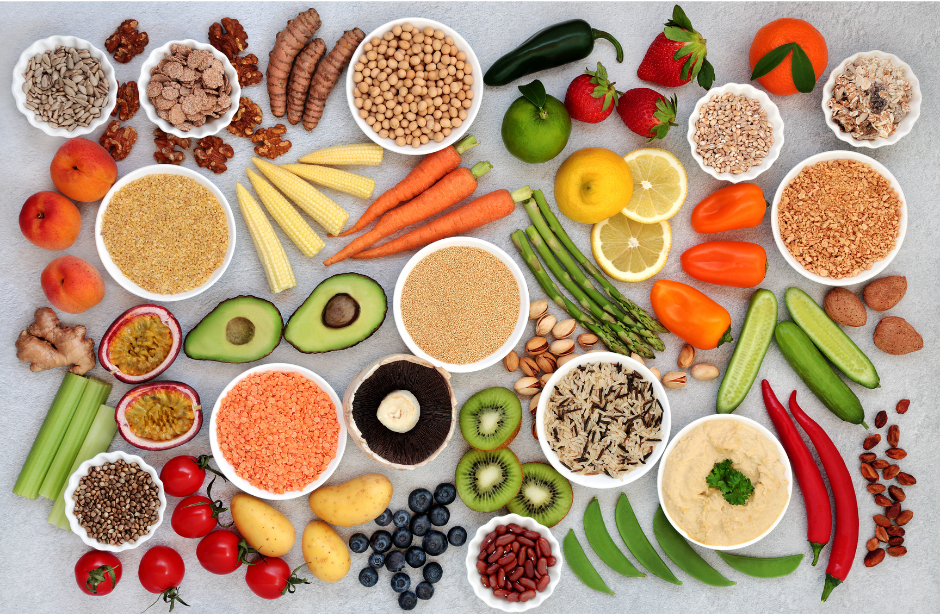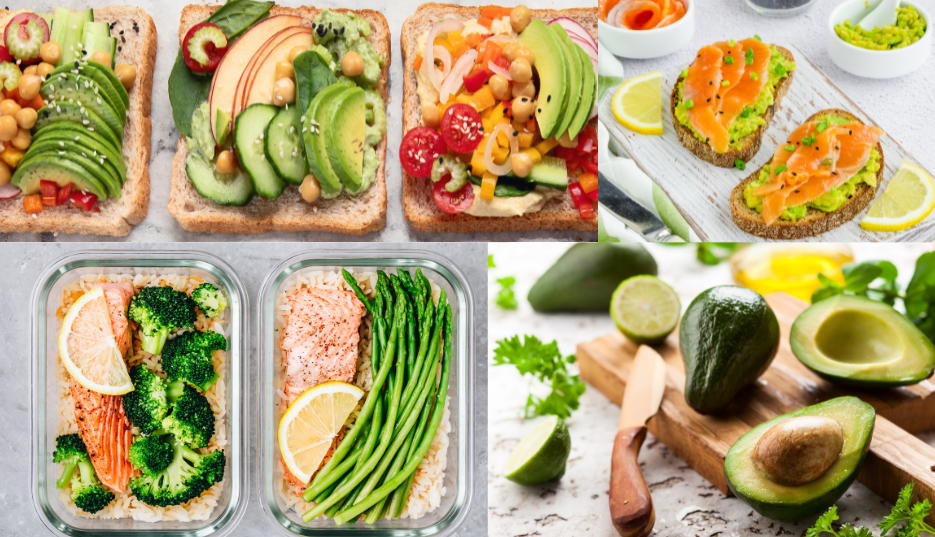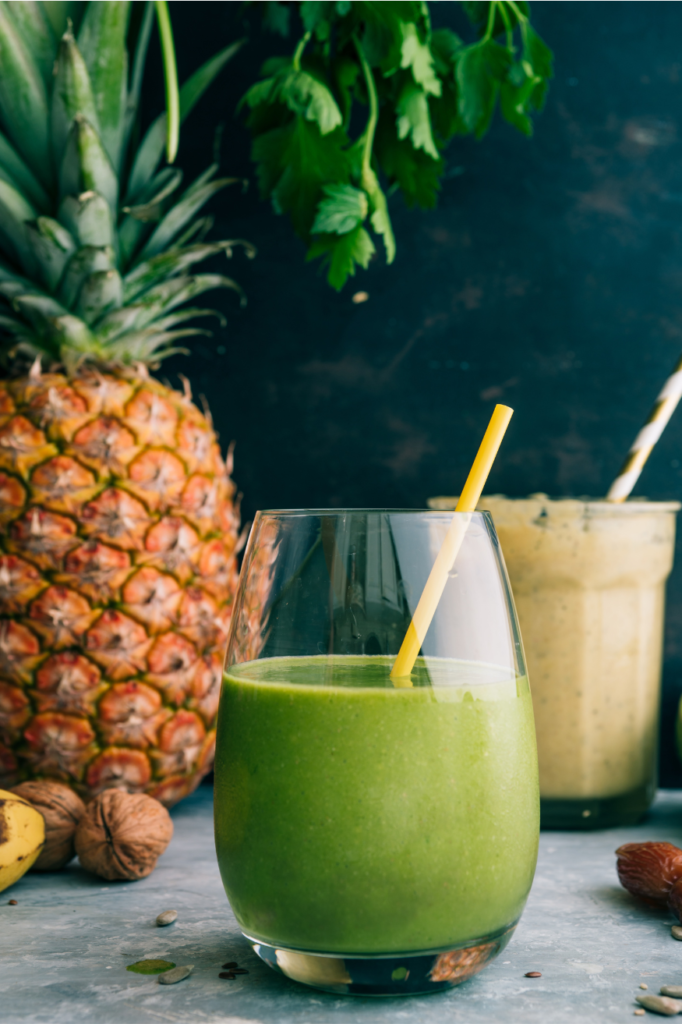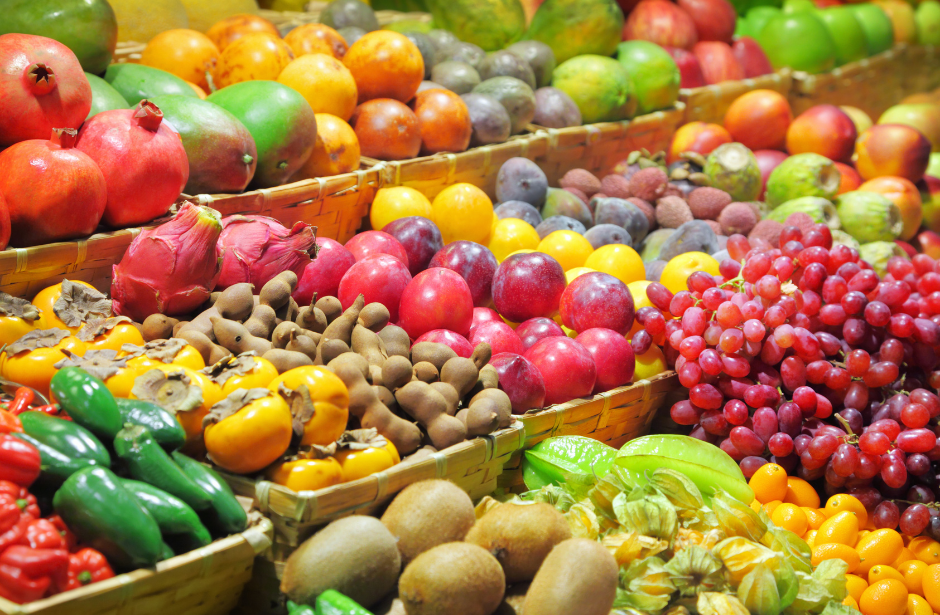More and more of us are turning to a plant-based diet to improve our health and wellbeing. In this household, we’re no different. Since our Son was diagnosed with food allergies, intolerances, eczema, and asthma, our family have naturally got into eating more plant based meals. Having less dairy, egg, and nuts in the traditional form in our diet has not affected us negatively in any way. We enjoy a balanced diet of protein, fruit and vegetables, and can see the health benefits eating in this way.

Plant based eating
A plant-based diet comprises unprocessed, whole foods derived from plants, including vegetables, fruit, nuts, legumes and whole grains. We still eat animal products but have smaller quantities of meat, fish, and egg.
My understanding of a plant-based diet is that foods should be eaten in their natural form, organic where possible. Eating according to the seasons and vegetables grown locally is also recommended (blog #.8).
Good plant-based diet foods
- Any kind of vegetable – the more colour the better. Greens like spinach, kale and broccoli are brilliant. Orange vegetables like sweet potatoes, carrots and squash are wonderful. And, red vegetables such as peppers and tomatoes are super.
- Low sugar fruit including blueberries, strawberries, citrus fruits and apples.
- Whole grains like brown rice, quinoa, oats, millet, whole wheat and barley.
- Nuts and seeds – and use nut butters too. My husband and I love Whole Earth butters and will have these when our Son’s at nursery so there’s no risk of a nuts-induced allergic reaction.
- Pulses: beans (all types), lentils, chickpeas and peas.
- Plant-based oils such as coconut, olive and almond oil.
- Herbs and spices, both fresh and dried.
Try to avoid or reduce intake of these
- Sugar and sweeteners including high-sugar foods and refined carbohydrates.
- Takeaways and fast food.
- Packaged foods such as crisps, biscuits, tinned food and frozen meals.
- Refined grains such as white flour, white rice and pasta, bread, pastries, cereals and crackers.
- Processed meats like sausages, deli meats, bacon and ham.
Plant-based diet benefits
- It improves our nutrient intake because vegetables are jam-packed with essential minerals, vitamins and antioxidants.
- It’s great for gut health as plant foods are a fantastic source of fibre, keeping bowel movements regular and digestive track flowing. Plant-based foods are easier to digest than animal products.
- It keeps our weight in check. Those who eat a wholesome plant-based diet tend to have a lower BMI (Body Mass Index) and a reduced risk of obesity.
- It’s good for the heart. Eating lots of animal-derived foods can contribute to increased cholesterol in our arteries and high blood pressure.
- It lowers blood sugar levels and improves insulin regulation. This is due to the high fibre, mineral and antioxidant content of plant-based foods.
- It’s more sustainable and better for the environment than factory farmed animal products.

Why it’s great for allergy sufferers
My Son received a diagnosis at 5-months that threw everything my husband and I knew about a healthy diet into disarray. Just a month away from introducing him to solid foods, we learned about his allergies and intolerance to dairy / cow’s milk, egg, fish, nuts, and soy.
Because of this, our Son’s first year of eating solid foods was heavily plant based. He drank Oat milk and grew to love his fruits and vegetables.
At a follow-up review a year later with his medical team, we delightfully learned he’d outgrown his fish and soy allergies. He also passed with flying colours at all his growth and development checks! This assured me and my husband that our Son’s predominantly plant based diet helps not only to combat his allergies but also to fuel his growth and development.
Being an asthmatic myself, I find that a plant based diet helps to reduce my Hay Fever induced wheezing in the height of spring, summer, and early autumn. It’s the same for my Son who has eczema and asthma.
If you’re the same, here are some food for thought and reasons why plant based foods can help you too:
- Fresh, organic fruits and veg, rich in antioxidants and vitamin C, provide natural antihistamine and helps reduce inflammation in the body. Broccoli, cauliflower, bell peppers, citrus fruits, kiwifruit, tomatoes and strawberries contain lots of vitamin C
- Vegetables like garlic, onion, ginger, leafy greens, omega-3 (avocado, flaxseeds, chia seeds, flaxseed oil, sardines, mackerel), walnuts, almonds, lentils and chickpeas are all anti-inflammatory
- Fruits with Bromelain enzyme (found naturally in pineapple) help to reduce hay fever symptoms as it reduces inflammation and swelling in our sinuses

A typical day – what our son eats
- Morning – Oat milk, toast with plant-based spread or freshly smashed raspberries jam, cereal (no nuts) with Oak milk and fruit
- Mid morning snack – fruit, oat biscuit or rice cracker
- Lunch – salmon and avocado sandwich with tomatoes or carrot / cucumber sticks. Or jacket potato / potato waffle with baked beans and a side salad.
- Afternoon snack – fruit, oat/coconut/soy milk yoghurt, corn-based snack / crisp or pop-corn. In hot weather, he’ll have a fruit ice-lolly or plant-based ice-cream. For special occasions like birthdays, he’ll have a slice or two of Just Love cake.
- Dinner – pasta or rice with minced beef, tomatoes, carrots, celery, garlic and onion (bolognaise). Side of green beans or broccoli. Followed by fruit. Or vegetable rice noodle stir fry or soup noodles in chicken and vegetable broth. Side of edamame beans.
- Before bed – Oat milk.

More about my Son’s allergies, intolerances, eczema and asthma in blog #6.


